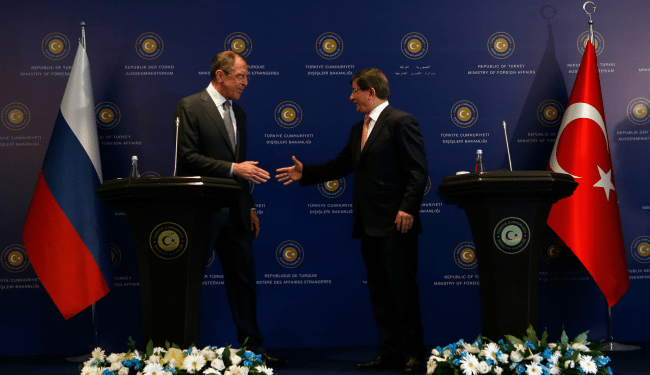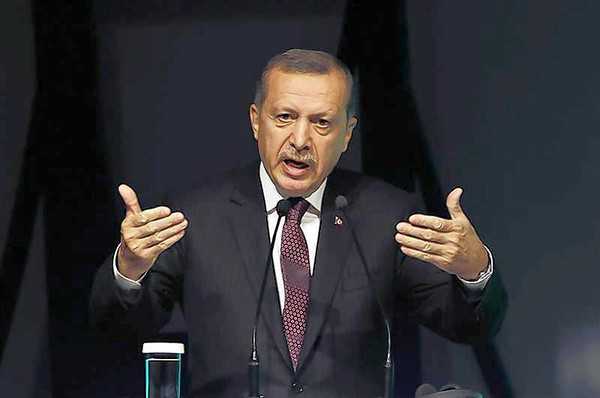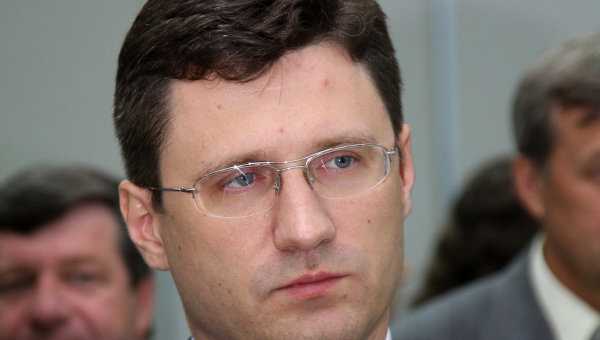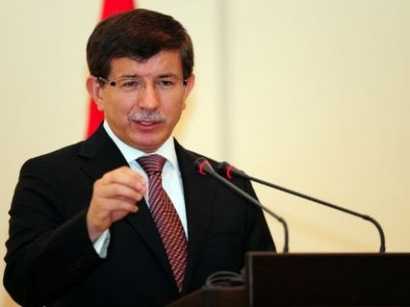Turkey Fears Russia Too Much to Intervene in Syria
Ankara won’t step into the conflict because it’s terrified Moscow will retaliate — again.
SONER CAGAPTAYMAY 6 2013, 10:16 AM ET

Russia’s Foreign Minister Sergei Lavrov and his Turkish counterpart Ahmet Davutoglu (R) reach out to shake hands following a joint news conference at Ciragan Palace in Istanbul on April 17, 2013. (Murad Sezer/Reuters)
Russian foreign minister Sergei Lavrov visited Ankara on April 17th, but the event went almost unnoticed. Despite deep differences between Ankara and Moscow over Syria, Turkey has refrained from rebuking Moscow. That’s because Turkey fears no country more than it fears Russia.
Ankara has nearly a dozen neighbors if you include its maritime neighbors across the Black Sea and the Mediterranean. Emboldened by its phenomenal economic growth in the past decade and rising political power, Turkey appears willing to square-off against any of them; Turkish Prime Minister Recep Tayyip Erdogan has publicly chided the leaders of Syria, Iran, and Iraq. In fact, none of the country’s neighbors can feel safe from Ankara’s wrath — with the exception of Russia, that is.
“The Russians can make life miserable for us, they are good at this.”
The Turks suffer from a deep-rooted, historic reluctance to confront the Russians. The humming Turkish economy is woefully dependent on Russian energy exports: More than half of Turkey’s natural gas consumption comes from Russia. Consequently, Turkey is unlikely to confront Moscow even when Russia undermines Turkey’s interests, such as in Syria where Russia is supporting the Assad regime, even as Ankara tries to depose it.
Historically, the Turks have always feared the Russians. Between 1568, when the Ottomans and Russians first clashed, to the end of the Russian Empire in 1917, the Turks and Russians fought 17 wars. In each encounter, Russia was the instigator and the victor. In these defeats, the Ottomans lost vast, and often solidly Turkish and Muslim, territories spanning from the Crimea to Circassia to the Russians. The Russians killed many inhabitants of these Ottoman lands and expelled the rest to Turkey. So many Turks descend from refugees from Russia that the adage in Turkey is: “If you scratch a Turk, you find a Circassian persecuted by Russians underneath.”
Having suffered at the hands of the Russians for centuries, the Turks now have a deeply engrained fear of the Russians. This explains why Turkey dived for the safety of NATO and the United States when Stalin demanded territory from Turkey and a base on the Bosporus in 1945. Fear of the Russians made Turkey one of the most committed Cold-War allies to the United States.
Recently, Turkish-Russian ties have improved measurably. Russia is Turkey’s number-one trading partner, and nearly four million Russians vacation in Turkey annually. At the same time, Turkey’s construction, retail, and manufacturing businesses are thriving in Russia. Turkish Airlines, the country’s flag carrier, offers daily flights from Istanbul to eight Russian cities.
Still, none of this has erased the Turks’ subconscious Russophobia. In 2012, I asked a policymaker in Ankara whether Turkey would take unilateral military action to depose the Assad regime in Damascus. “Not against the wishes of Moscow” my interlocutor said. Adding: “The Russians can make life miserable for us, they are good at this.”
At least some of the Turkish fear of Russia appears grounded in reality. Turkey is dependent on Russia more than any other country for its energy needs. Despite being a large economy, Turkey has neither significant natural gas and oil deposits, nor nuclear power stations of its own. Ankara is therefore bound to Moscow, which has often used natural gas supplies as a means to punish countries, such as Ukraine, that cross its foreign policy goals.
There is also a security component: Russia helped set up the Kurdistan Workers Party (PKK), a group that led a terror campaign against Turkey for decades, causing over 30,000 casualties. The PKK emerged under Russian tutelage in Lebanon’s then-Syrian occupied Bekaa Valley during the 1980s, and it has enjoyed intermittent Russian support even after the collapse of Communism.
Turkey recently entered peace talks with the PKK, and many in the group are likely to heed the advice of PKK leader Abdullah Ocalan and lay down their weapons. Yet, a pervasive fear in Ankara is that some rogue elements and hardliners could emerge from the PKK, denouncing the talks and continuing to fight Turkey.
Meanwhile, Ankara has been confronting the Assad regime in Damascus since late 2011 by supporting the Syrian opposition. This had led to a spike in PKK attacks against Turkey, most coming from Iran, which apparently has allowed the PKK freedom of movement in its territory to punish Ankara for its stance against Assad.
The fear in Ankara is that Russia might just do the same if Turkey were to invade Syria, propping up rogue PKK elements inside that country to lead an insurgency against Turkish troops. Together with other concerns, such as the risk of the conflict in Syria spilling over into Turkey, the Turkish fear of Russia has led Ankara to avoid direct intervention in Syria.
Such fears have also led Turkey to pivot further toward the United States, once again seeking protection under the NATO umbrella against the looming Russian giant. Taking into consideration Turkey’s fear of Russia, any Turkish military action against the Assad regime will have to be predicated on full NATO support and involvement.
For the Turks, history repeats itself every day when it comes to Moscow: don’t stand in Russia’s way lest it torment you, again.
via Turkey Fears Russia Too Much to Intervene in Syria – Soner Cagaptay – The Atlantic.





